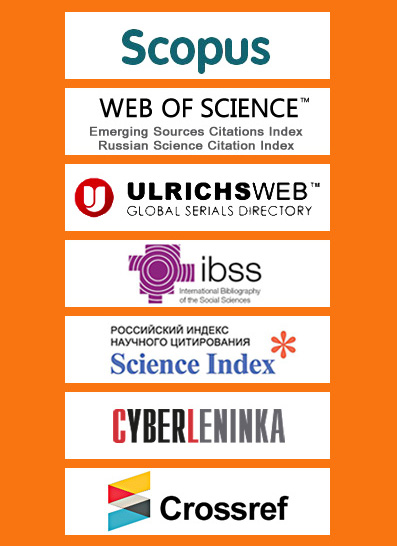Политика сохранения языкового многообразия в России: декларируемые цели и реальная практика. Случай республик Южной Сибири
Аннотация
Чтобы привлечь внимание мирового сообщества к проблемам сохранения языков коренных народов мира, Генеральная Ассамблея ООН провозгласила 2022–2032 гг. «Международным десятилетием языков коренных народов мира». В статье отмечается совпадение целей языковой политики России с направленностью резолюции ООН. Вместе с тем показано, что практика российской языковой политики, особенно на региональном уровне, не в полной мере соответствует декларируемым целям. Также в статье рассматриваются и сопоставляются законы о языке, принятые в трех республиках Южной Сибири ‒ Республиках Алтай, Тыва и Хакасия, но наибольшее внимание уделяется анализу административных практик – использованию русского и национальных языков в ходе заседаний республиканских органов власти и в официальных документах. Анализируются практики и объемы преподавания национальных языков в школах и учреждениях дошкольного образования. Проводится сравнительный анализ меры знания и употребления национальных языков как представителями титульных национальностей, так и русскими, проживающими на территориях указанных республик. По результатам исследований делается вывод о господстве инерционных процессов в демографической и языковой сферах республик Южной Сибири. В условиях продолжающегося снижения численности некоторых титульных этносов (например, хакасского) местные власти ослабляют усилия по сохранению этнических языков, что повышает их уязвимость. Административные практики, направленные на расширение сфер применения этнических языков, проявляются только в тех республиках, в которых инерционные демографические процессы благоприятны для титульных этносов (Республика Тыва). Авторы приходят к выводу, что заявленные государством цели сохранения языкового многообразия России требуют корректировки практики реализации языковой политики и излагают свои представления о возможном направлении таких перемен.






